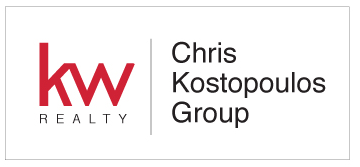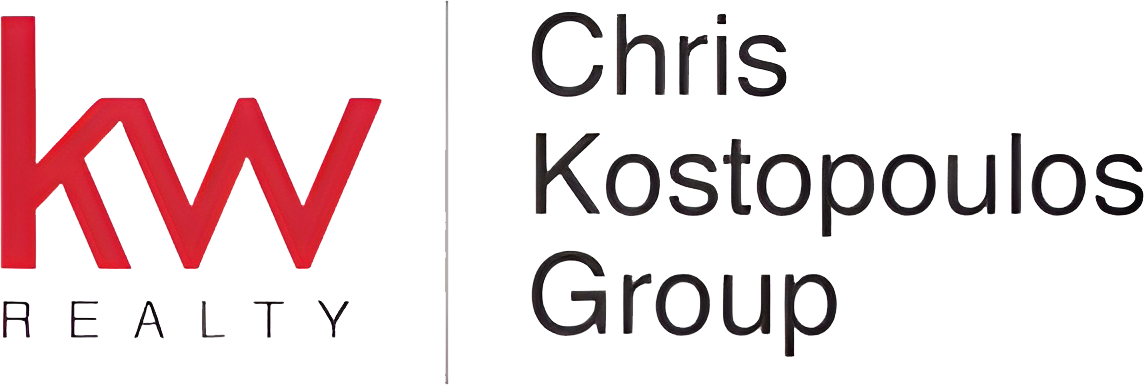Connecting with Neighbors in Massachusetts: Building a Strong Community

Chris Kostopoulos
A life-long Boston native, Chris is the owner and CEO of the Chris Kostopoulos Group, a team that he formed after he spent sixteen years helping ...
A life-long Boston native, Chris is the owner and CEO of the Chris Kostopoulos Group, a team that he formed after he spent sixteen years helping ...
In today’s busy world, it’s easy not to know who lives right next door, and initiating that first connection can be daunting. However, building strong relationships within your neighborhood is more crucial now than ever. This effort serves as an investment in your community, your personal well-being, and even property values. Strong community ties can turn a house into a home and enhance the attractiveness of an entire area. This article delves into effective ways to connect with your community and highlights the significance of these connections.
Why Building Community Matters
When neighbors come together, remarkable outcomes emerge. Research shows that living in a connected community boosts safety, fosters a sense of belonging, and enhances emotional well-being. For homeowners, it can also offer financial benefits. Neighborhoods with strong community ties often experience increased property values as they become more desirable places to reside. Whether you’re settling in or considering selling, investing in your community benefits everyone.
How to Connect with Your Community
1. Attend Local Events
Farmers' markets, festivals, and community fairs serve as excellent opportunities to meet your neighbors and support local businesses. Massachusetts, with its rich cultural heritage and diverse population, hosts numerous events throughout the year. Participating in these events helps cultivate a sense of community and bolsters local economies. From the Boston Marathon to the Topsfield Fair, these gatherings create shared experiences, offering moments to meet your neighbors, learn about local initiatives, and bond over common interests. These relationships can lead to enduring connections, contributing to a stronger and more closely-knit community.
2. Join or Start a Neighborhood Group
Neighborhood associations, book clubs, and hobby groups in Massachusetts bring like-minded individuals together, creating further shared experiences. Connecting with these groups fosters a sense of community and collaboration, especially in a world that can sometimes feel isolating. If your neighborhood doesn’t have such a group, consider starting one. Form a group around mutual interests like gardening, hiking, or fitness, and invite your neighbors. This encourages everyone to invest more in the community. These connections offer day-to-day support and can evolve into a reliable network of friends and acquaintances.
3. Engage in Volunteer Work
Engage in volunteer work, such as organizing park cleanups or assisting at local food banks. These activities unite people toward a common goal and strengthen community bonds. In Massachusetts, there are countless opportunities to volunteer, from supporting the Greater Boston Food Bank to participating in community beautification projects. Volunteering establishes pride and responsibility for your neighborhood. Giving time to community initiatives ensures that residents feel invested in their surroundings, fostering a positive and inclusive environment.
4. Organize a Block Party
Looking for a more relaxed way to connect? Consider hosting a block party and inviting your neighbors. With spring on the horizon in Massachusetts, it could be an ideal time to plan an outdoor gathering as the weather warms up. You don’t have to do it all by yourself; make it a barbecue or potluck where everyone pitches in. Don't forget to include some music and games to keep the atmosphere lively. A block party not only offers fun but also encourages neighbors to share resources, experiences, and ideas, laying the groundwork for lasting connections that benefit the entire community.
5. Be a Friendly Neighbor
Sometimes, the simplest gestures make the biggest impact. A wave, a smile, or a short conversation can lay the foundation for deeper connections. Introducing yourself to new neighbors and offering to help with small tasks or sharing tools can create a welcoming atmosphere. These small acts of kindness build trust and community spirit over time, benefitting everyone involved.
Real Estate and Community: A Perfect Pair
When buyers search for their ideal home, they consider more than just square footage and floor plans. Lifestyle, a sense of belonging, and a thriving neighborhood are also significant factors. Strong communities are a major selling point and can make your home stand out in a competitive market.
Investing time in community-building creates a ripple effect. Engaged neighbors contribute to safer streets, well-maintained public spaces, and an overall atmosphere of trust. These qualities enhance the appeal of neighborhoods, benefiting all residents and attracting potential buyers.
Final Thoughts
Building a strong community is about fostering a support network and creating a place where everyone feels at home. Whether you’re new to the area or have been a resident for years, it's never too late to reach out and connect with those around you. The strength of a community can make all the difference when buying or selling a home. Finding a neighborhood that truly feels welcoming is essential for a fulfilling living experience. Reaching out to a neighbor and making connections is a simple yet powerful way to contribute to a thriving community.
Thinking about selling your home?
Get in touch. We'll guide you through every step of the process to ensure a smooth transaction that meets your goals.

.png)

